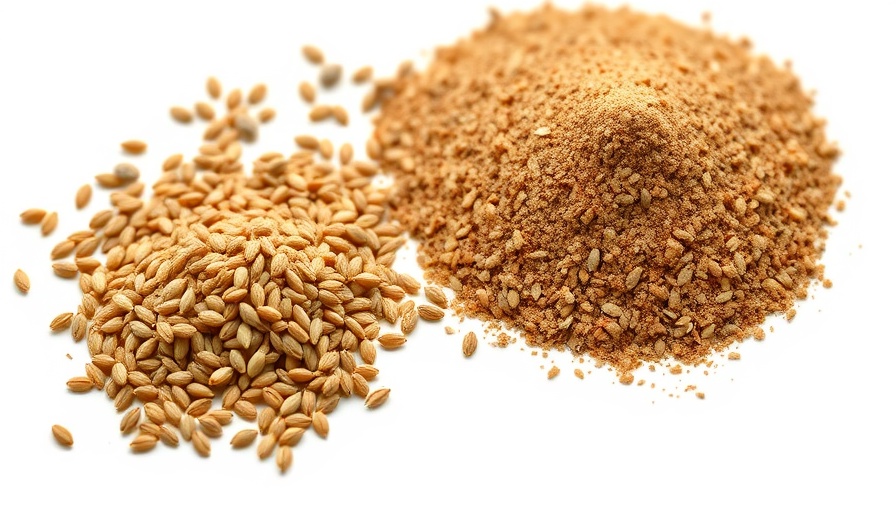
Understanding Humidity Levels for a Healthier Home
Humidity levels in your home indicate the amount of moisture in the air, which influences not just comfort but also health and structural integrity. Ideally, indoor humidity should be between 30 and 50 percent. Too much moisture can lead to mold and damage, while too little can dry out your skin and respiratory system. Here’s what you need to know for maintaining optimal humidity levels.
Why Humidity Matters: Health and Home
Maintaining balanced humidity in your home is crucial for your well-being. High humidity can trigger allergies, promote mold growth, and affect respiratory health, particularly for asthma sufferers. According to the National Asthma Council Australia, levels above 70% can encourage dust mites and mold, significant triggers for respiratory issues. Conversely, low humidity can lead to dried skin and mucous membranes, making it easier for viruses to spread and allergies to flare.
Influence of Daily Activities
Humidity levels fluctuate based on various daily activities. Cooking, showering, and even drying laundry can release moisture into your home. On the flip side, heating or overusing air conditioning can strip moisture from the air. Understanding these influences helps you manage indoor humidity better.
Practical Tips to Control Humidity
To control humidity effectively, several strategies can be adopted:
- Invest in Appliances: Utilize dehumidifiers to remove excess moisture and humidifiers to add moisture during dry spells.
- Enhance Ventilation: Ensure all bathrooms and kitchens have effective exhaust fans, and consider opening windows to improve air circulation.
- Monitor with Tools: Use hygrometers to accurately gauge humidity levels, adjusting your approach based on findings.
Long-term Solutions for Humidity Balance
Besides immediate adjustments, consider insulation and proper sealing around windows and doors. This limits outside moisture intrusion while retaining your desired indoor climate. Remember, balanced humidity not only increases comfort but also prolongs the life of your home.
Conclusion: Taking Charge of Your Home Environment
A well-managed humidity level is vital for both health and comfort. Armed with this knowledge, you’ll be better equipped to create a healthier environment. Implementing these strategies can reduce health risks and improve the quality of your indoor air.
 Add Row
Add Row  Add
Add 


Write A Comment